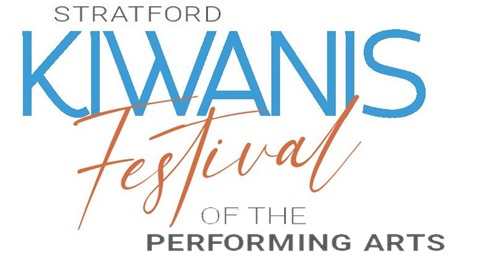2026 Syllabus (still being updated as at 30Sep2026) - Fiddle
Recognized fiddle styles include but are not limited to: Country, Old Time, Cape Breton, Swing, Métis, Bluegrass, French Canadian etc. Fiddle classes require progress from one style of piece to another without pause. Memorization required. Accompanist may choose to chord only. If printed music is not available, transcription of the melody line (could be from a big book or handwritten) indicating title and composer must be provided for adjudicator.
Provincial requirements: Solo classes only. Pieces must represent Canadian fiddling styles and place emphasis on traditional fiddling elements. Contrasting tunes can be played in one style (e.g. contrasting Old-Time tunes) or in any number of variety of styles (e.g. Bluegrass, Cape Breton jig, Old-Time Waltz). Classical, jazz, blues, trick fiddling, show tunes and other non-traditional fiddle styles are not permitted. ('Double shuffle' is acceptable if it is a traditional part of the song). Competitors may incorporate improvisation, as long as the original meter and core structure of the piece are preserved. Adjudicators will assess the effectiveness of the improvisation, paying special attention to its adherence to traditional fiddling and Canadian fiddle styles. Adjudicators will consider the following criteria: intonation, technical proficiency, overall accuracy, danceability, expression and emotion, and the variety of tunes, whether from one specific fiddle style or a variety of styles.
Waltz = 3/4 time Jig = 6/8 time Hoedown or Reel = 2/4 or 4/4 time
